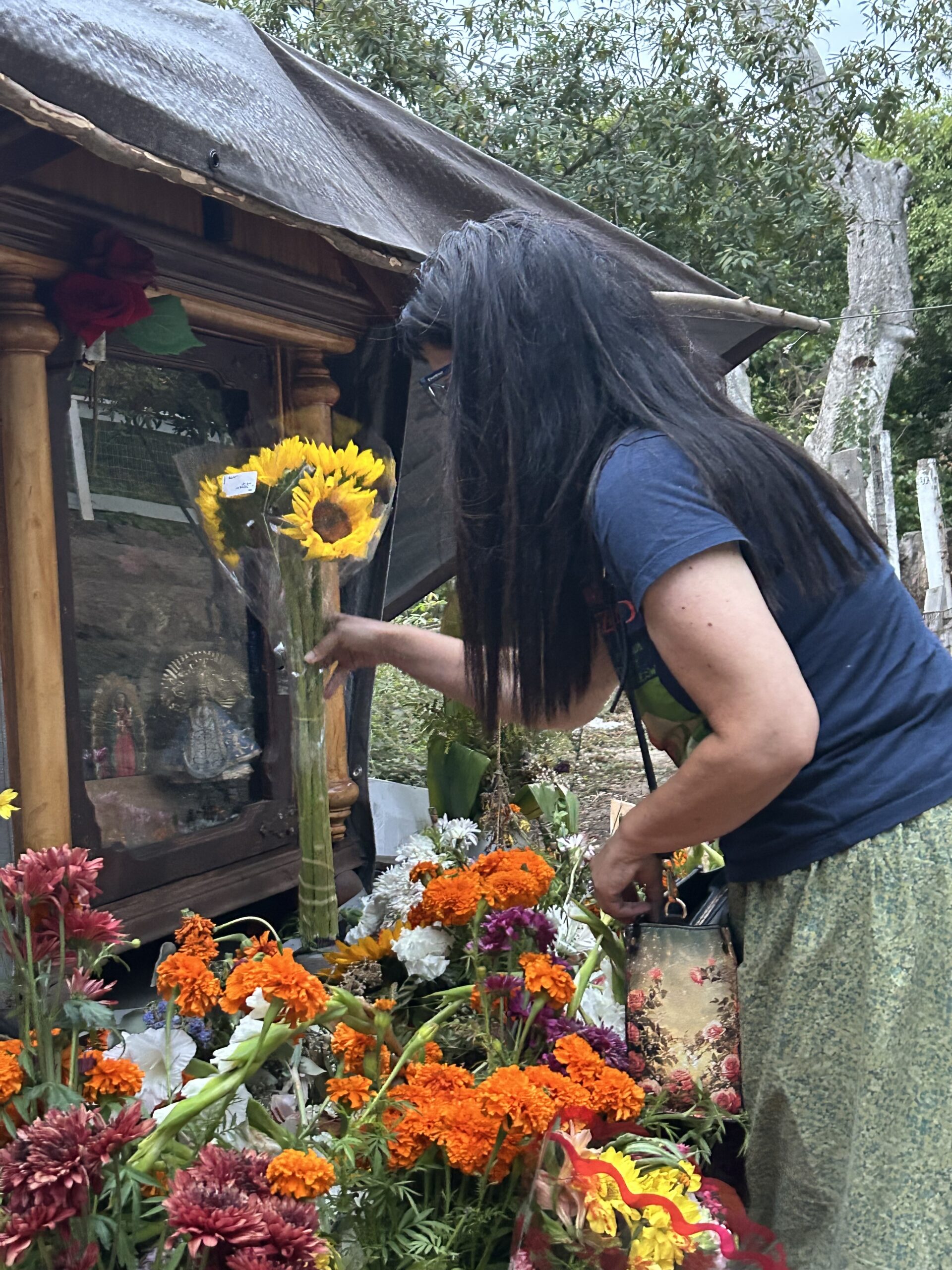by Armando Martinez, Flo Kelly, and Colleen McCarthy
Berryessa safe RV parking site in San Jose. Photo by Flo Kelly.
What happens when you are called to a ministry? You follow the way of love, compassion, and empathy without constraints of time and expense, finding peace and satisfaction in helping someone else get through the day—pure selflessness. On the other hand, a new job, no matter how committed you might be to the issue or sector,









